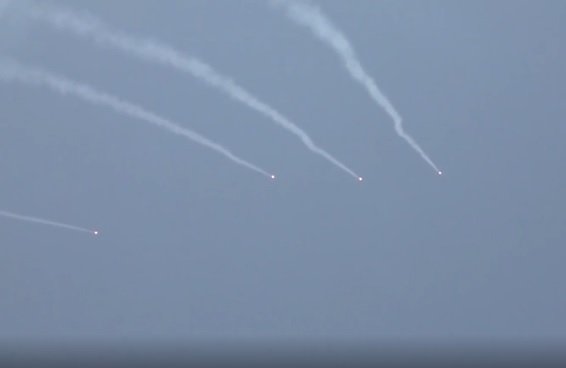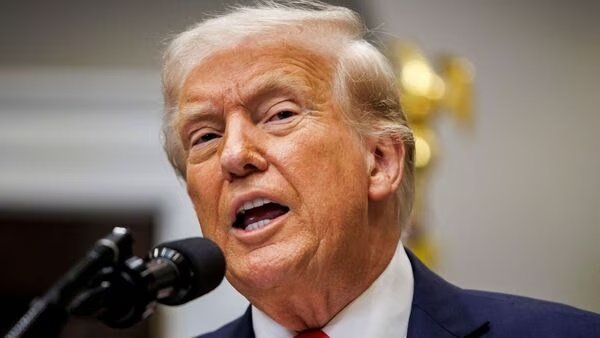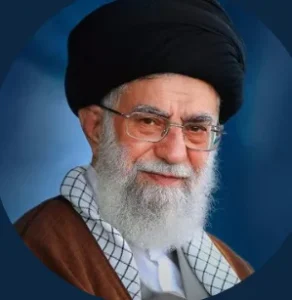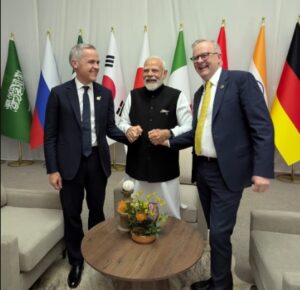
Last Updated on June 24, 2025 2:11 am by BIZNAMA NEWS
AMN / Web Desk
In a major development following days of intense fighting in the Middle East, U.S. President Donald Trump has announced that Iran and Israel have agreed to a full and unconditional ceasefire, which is expected to take effect in the coming hours. The statement, made late Monday night on President Trump’s Truth Social account, comes shortly after a reported Iranian missile strike targeted the U.S. Al Udeid Air Base in Qatar.

According to President Trump, the ceasefire will be implemented in phases. Iran is expected to begin halting operations first, followed by a reciprocal move by Israel 12 hours later. At the 24-hour mark, Trump stated, “the world will witness the official end of the 12-day war,” describing the agreement as a “historic achievement for global peace.”
However, Iranian officials have categorically denied any such agreement, casting doubt over the U.S. president’s claims.
Iranian Foreign Minister Abbas Araghchi responded via social media, stating that no ceasefire agreement had been reached with Israel. “The final decision regarding our military operations will be made at a later stage,” Araghchi said. He added that Iran is prepared to pause its responses, but only if what he described as the “Israeli regime’s unlawful aggression” ceases immediately.

Further fueling skepticism, Iran’s Fars News Agency, affiliated with the Islamic Revolutionary Guard Corps (IRGC), issued a report calling President Trump’s announcement “completely false and misleading.” The agency said Tehran has received no official or unofficial proposal for a ceasefire, and accused the U.S. administration of attempting to shift attention from its own military activities in the region.
As of this report, there has been no official confirmation or response from Israeli authorities. The Israeli Defense Forces (IDF) have not commented on the matter, and sources in Jerusalem remain tight-lipped.
The announcement has triggered a flurry of reactions from global diplomats and analysts. Observers have warned that such unilateral declarations—especially in the absence of verification—could jeopardize ongoing backchannel efforts and further inflame tensions.
The 12-day conflict has resulted in heavy casualties on both sides, extensive infrastructure damage, and mounting humanitarian concerns, with several regional players fearing the possibility of a broader war.
International bodies, including the United Nations and the European Union, have reiterated calls for restraint and renewed diplomatic dialogue.
With conflicting narratives emerging from Washington and Tehran, and no confirmation from Tel Aviv, the next 24 hours will be critical in determining whether peace is truly within reach—or if the conflict is set to continue.






